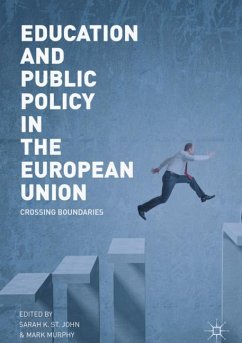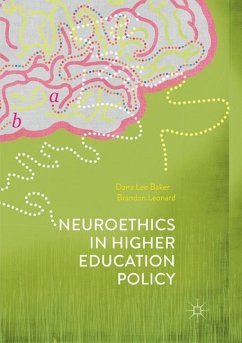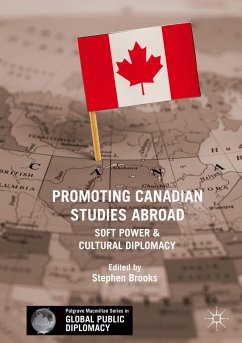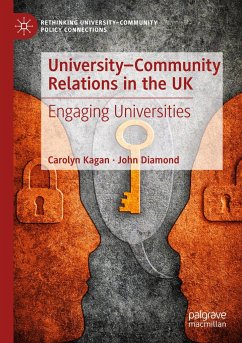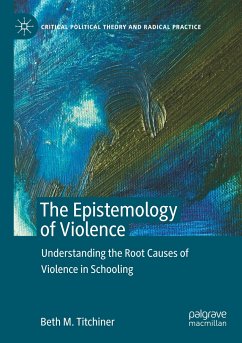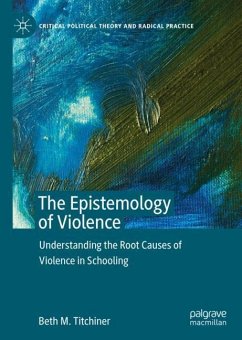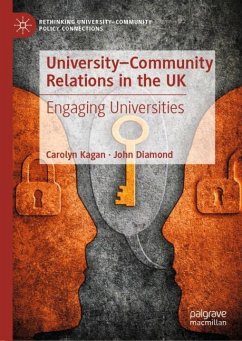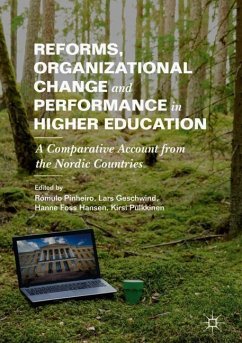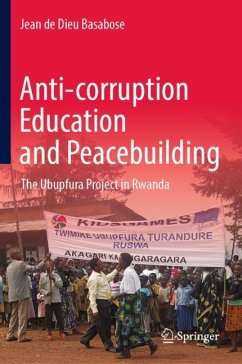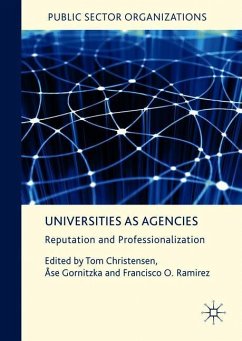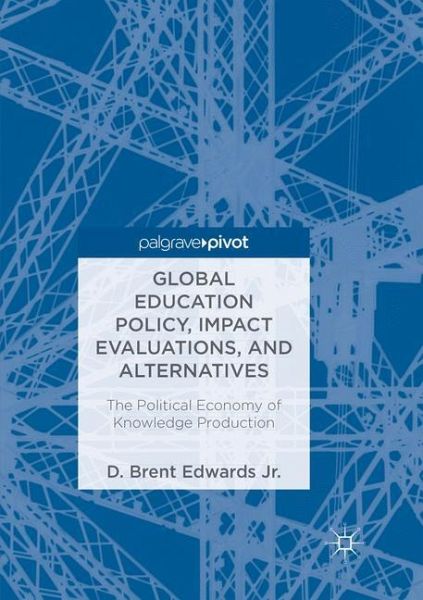
Global Education Policy, Impact Evaluations, and Alternatives
The Political Economy of Knowledge Production

PAYBACK Punkte
19 °P sammeln!
This book contributes to how we conceptualize and investigate the role and influence of knowledge production by international organizations within the field of global education reform. After elaborating on what it means to approach the intersection of these issues from a political economy perspective, the book develops a focus on knowledge production broadly to examine specifically the production of impact evaluations, which have come to be seen by many as the most credible form of policy-relevant knowledge. Moreover, it not only unpacks the methodological, technical, political, and organizati...
This book contributes to how we conceptualize and investigate the role and influence of knowledge production by international organizations within the field of global education reform. After elaborating on what it means to approach the intersection of these issues from a political economy perspective, the book develops a focus on knowledge production broadly to examine specifically the production of impact evaluations, which have come to be seen by many as the most credible form of policy-relevant knowledge. Moreover, it not only unpacks the methodological, technical, political, and organizational challenges in the production of impact evaluations, but also details an approach to critically understanding and examining the role that impact evaluations, once produced, play within the political economy of global education reform more generally. Finally, this book demonstrates the application of this approach in relation to a global education policy from El Salvador and reflects on the implications of this case for alternative ways forward, methodologically and otherwise.



